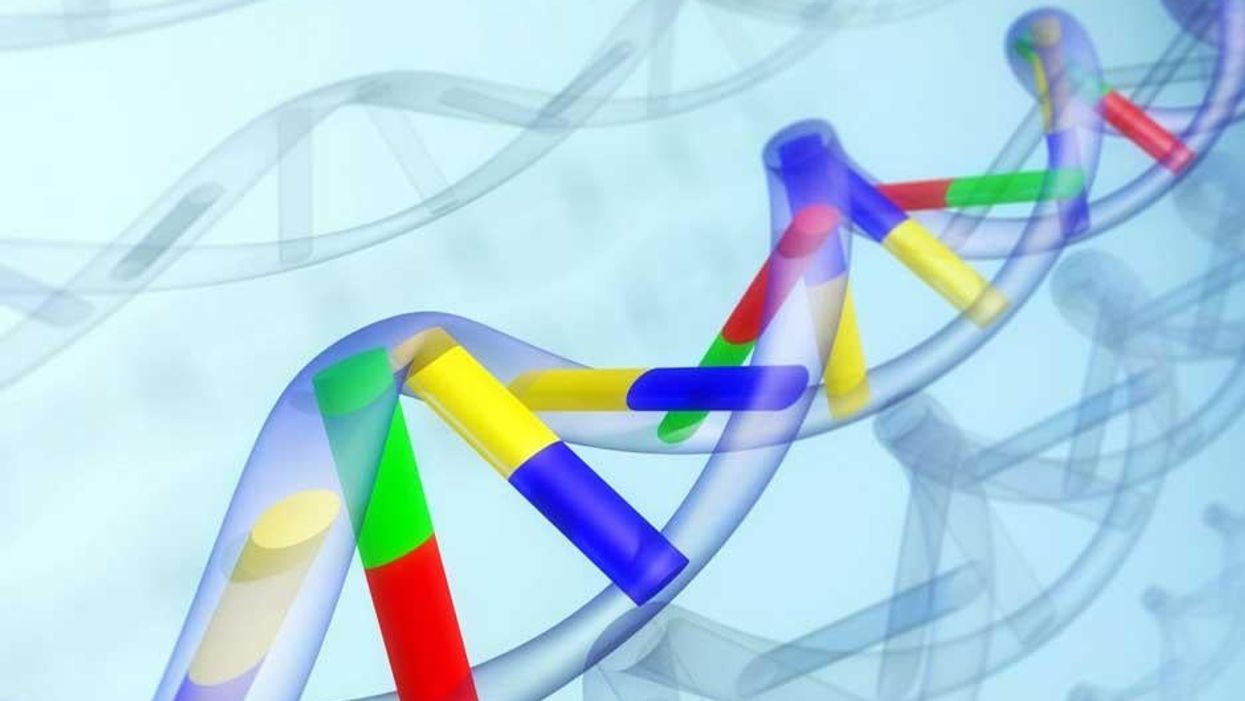News
Steve Connor
Aug 01, 2014

What is the 100,000 Genomes Project?
It is a government-led initiative to sequence the genetic code of about 40,000 NHS patients and relatives. They fall into two main groups: those with rare diseases and those with cancer. The parents of patients with rare genetic diseases will also have their genomes sequenced and patients with cancer will have two genomes sequenced – their tumour cells and their healthy cells – which brings the total to 100,000 genomes of about 75,000 people.
Why is this being done?
It is primarily a research project to tease out the minute changes in the DNA of the human genome that are involved in some way with the onset or development of the disease. By studying thousands of genomes, scientists hope to pinpoint mutations or DNA “polymorphisms” that could lead to a greater understanding of the condition and to better diagnostics, drugs and treatments.
Who is doing it?
The Government has established a company called Genomics England, which is wholly owned by the NHS, to run the project. It is working closely with the Medical Research Council and the Wellcome Trust, the medical-research charity that co-funded much of the initial work that led to the first human genome being sequenced in 2003. The pharmaceutical industry is also being invited to take part and it will have access to non-identifiable genome data under special licences or order to develop new products.
Can anyone take part?
Children with rare genetic diseases and their families, as well as cancer patients, will be invited to take part. At least 80 per cent of rare diseases have a genomic basis, which is why studying the DNA of these children and their families should help to point to new treatments for these devastating conditions. Similarly, cancer is fundamentally genetic – though not always inherited – because it results from changes to a person’s DNA that can trigger healthy cells to become tumours.
How confidential is the genome data?
Genomics England emphasises that it will take every precaution to protect patient confidentiality. Raw genome data will not be taken away from its computers and a patient’s identifying details will be encoded to ensure anonymity. However, participants will be told that they must be willing for commercial companies to conduct research on their anonymised data.
Top 100
The Conversation (0)













